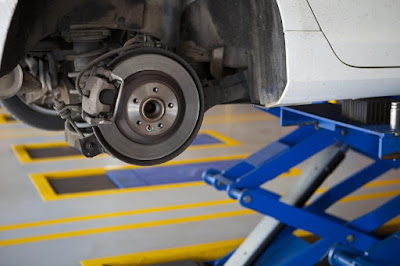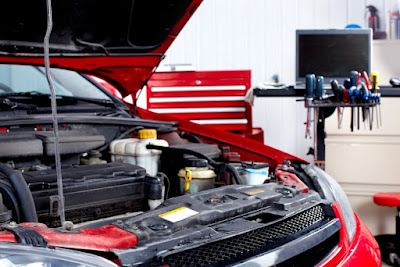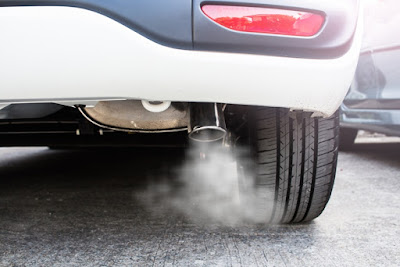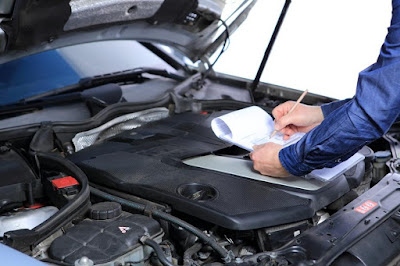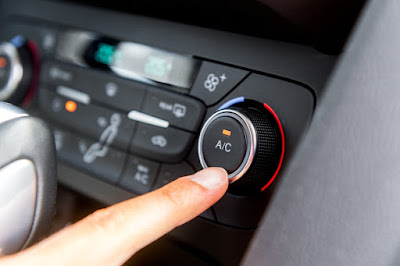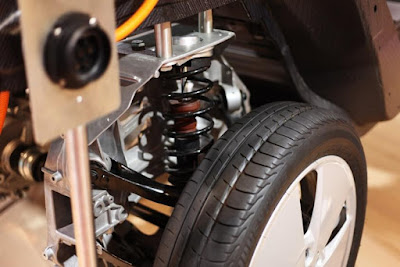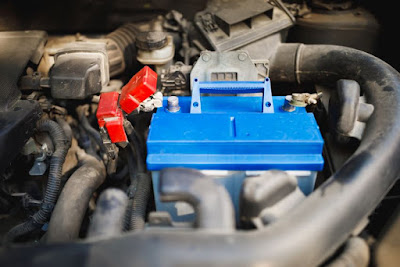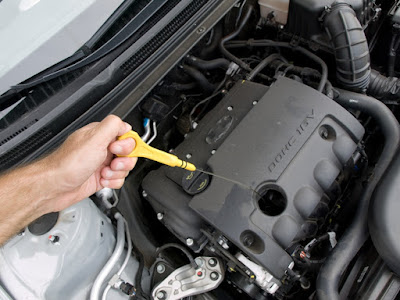Whether your car has struts or shocks, they are an important part of its suspension system. They change other types of automotive shocks and are normally used because they make suspension systems more affordable. They are mounted inside coil springs, acting as “shock absorbers.” They help minimize excessive bouncing created by bumps, dips, and peaks in the road and when making a hard stop.
Normally, struts will often last the life of a vehicle if you don’t abuse them. In spite of that, some auto mechanics recommend replacing car struts about every 50,000 to 100,000 miles, depending on a great deal on how and where you drive. Driving consistently over bumpy streets roads, they will want to be replaced more often than if you drive short distances on level roads.
So what happens if you don’t replace struts? The main issue with worn out struts is that it compromises the safety of your vehicle, resulting from the issues that can develop, such as:
- Poor steering response.
- Car sways when cornering lanes.
- Tires bouncing excessively when driving.
- Braking performance is decreased.
- Sudden braking causes the car to “nose-dive”.
- Tire wear is accelerated, and “cupping” can happen.
- Hydraulic fluid may be leaking from the shock.
Knowing how to recognize the warning signs of bad struts is crucial for driving safety, but replacing them when needed will increase braking performance, vehicle stability, and control of your vehicle.
Wondering what happens if you don’t replace struts when necessary? Call our ASE Certified Technicians at Auto Max of Oregon for more information about how the suspension system affects car axles, and to request an appointment. Our auto shop proudly serves car owners in Canby, OR, and the surrounding areas.
